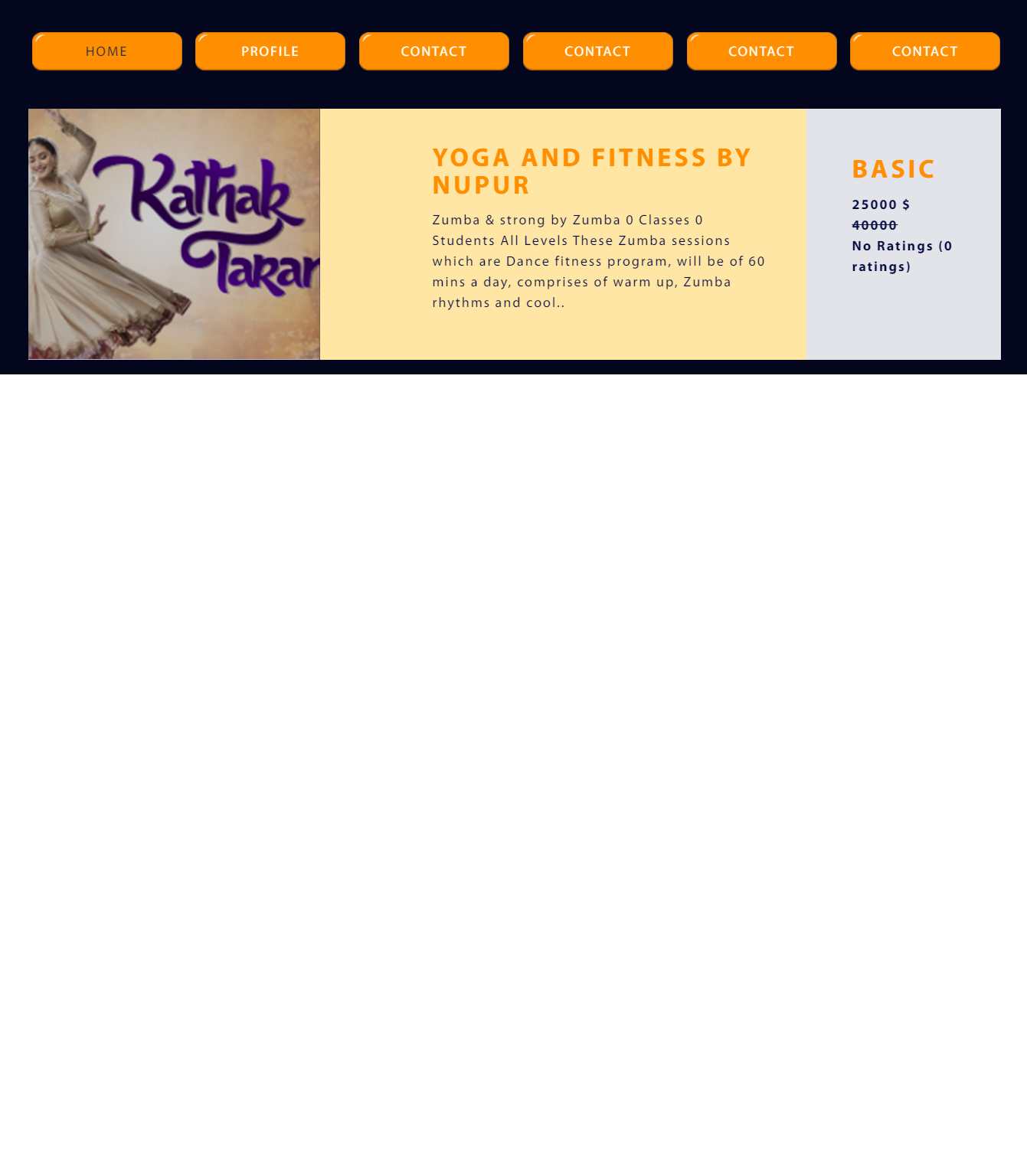Description
Class VIII – Social Studies
Name of the Chapter Topics in the syllabus
Theme: I - Diversity on the Earth
- Reading and Analysis of Maps
Maps Down the Ages; Projection in a
Map; Colonisation, Explorations,
Military use and Map making; Use of
maps in our times; Reading Thematic
Maps; Make a Population Map!;
Density of Population year - 2011
(Census - 2011); Conventional symbols on maps; Representation of relief
features on maps; Contour Lines; Atlas;
Aerial photography; Satellite imagery.
- Energy from the Sun
Solar Energy and Sun’s Rays;
Greenhouses; Sun’s Rays and Earth’s Surface; Land and Water Contrasts;
Heating of the Atmosphere; Heat
Balance; World Mean Annual
Temperature; The Temperature of
Atmosphere; High and Low
Temperatures; Recording temperatures; Different Places have
Different Temperatures; Maritine and
Continental Climate; Height and
Temperature; Inversion; Temperatures in Places Near and Far from the
Equator; Temperature maps; Why is the North Cooler in winter?;
- Earth Movements and Seasons
Changing Seasons; Factors Effects the seasons; Curvature of the Earth; Earth’s
Rotation on its Axis; Earth's ‘Tilt’ and Revolution Around the Sun;
Temperature Belts on the Earth;
- The Polar Regions
Where is the Polar Region?; Seasons in the Tundra; Summer; Vegetation; The
People of Tundra regions : Eskimos; Group Life; Hunting and Fishing;
Food; Shelter; Clothing and Crafts;
Religious Beliefs; Recreation; Contacts with the Outside World.
- Forests: Using and Protecting
What is a Forest?; Location and Types of Forests; Status of Forests in
Telangana; Initiation for Greenery in
Telangana; Tribal people and Forests;
The change from 1988-90; Forest Rights Act, 2006;
- Minerals and Mining
Minerals in our houses; Renewable and non-renewable resources;
Some important minerals and their uses;
Mineral Resources of Telangana;
Mining the Minerals; To whom do the
Minerals Belong?; Singareni Coalfields
(SCCL); Danger and Safety Measures;
Inside the mine; Blasting the coal;
Transporting coal; Welfare; Safety and
Health Checkups; New trends in
Mining Industry and Miners;
Open Cast Mine at Sattupally.
Theme II - Production, Exchange and Livelihoods
- Money and Banking
Trading without Money; Exchange with
Money; Evolution of Money; Paper
Money and Emergence of Banks;
Banking; Demand Draft (D.D.); Loans;
Internet banking; Digital Payment Options.
- Impact of Technology on Livelihoods
Changes in Technology; Technological
changes in Agriculture; Impact of Technology; Technology and Industry;
Impact of Powerlooms; Decline of Handlooms;
Technological changes in Service Sector;
Change in technology makes communication faster and easy
New skills and new jobs.
- Public Health and the Government
Healthcare Services; Public Health
Services; Private Health Services;
Health Insurance; Healthcare and
Equality; Basic public facilities; The
Government’s Role; Status of Nutrition in Telangana and Andhra Pradesh;
What can be done?; Financing of Hospitalization Expenses in Telangana
and Andhra Pradesh, by source and economic status.
Theme-III Political Systems and Governance
- Landlords and Tenants under the British and the Nizam
Zamindars and Peasants in Mughal
Times; Permanent Settlement: Changes introduced by the British;
The Ryotwari system; Developmental Activities;
Commercialisation and Money Lenders;
The Zamindars’ Exploitation of the Peasants;
Countless Collections, Cesses and Payments;
Doras and Peasants of Hyderabad State; Famines;
The Peasant Movements.
11 A. National Movement -
The Early Phase 1885-1919
Early Associations; The Indian National
Congress: The Moderate Phase - 1885-
1905; Extremist Phase - 1905-1920
(Swadeshi Movement); The Moderates and the Extremists;
The First World War : 1914–1918;
On the day of the Partition of Bengal;
Krishna Patrika of Machilipatnam.
- National Movement -
The Last Phase 1919-1947
Arrival of Mahatma Gandhi; Rowlatt
Act and Jalianwala Bagh
Massacre; Communalism and
Communal Organisations; Khilafat agitation and the Non-Cooperation
Movement; The Happenings of 1922- 1929;
Civil Disobedience Movement:
Salt Satyagraha (1930-32);
Quit India Movement – 1942 ‘Do or Die’;
World War II (1939–45);
Subhash Chandra Bose and INA;
Towards Independence and Partition;
Years of Radical Organisations.
12 Freedom Movement in Hyderabad State
Early years of Nationalism; Feudal system of the state;
Language and Religion;
The Last Nizam (1911-1948);
Andhra Jana Sangham - Library
Movement; Andhra Maha Sabha;
Hyderabad State Congress;
The Telangana Armed Struggle (1946-51);
Merger with India; Women in the Telangana Struggle.
13 The Indian Constitution
Making of the Indian Constitution;
Early Drafts of Constitution; The Constituent Assembly;
The Dream and the Promise; Preamble of the Constitution;
The System of Government;
Preamble of Constitution of United States of America;
Preamble of Constitution of South Africa.
14 Parliament and Central Government
Role of the Parliament; The Houses of Parliament; Elections to Lok Sabha;
The First Elections to Lok Sabha;
Challenges in conducting free and fair elections;
Some interesting facts about Lok Sabha Elections in 2014;
Not all laws are made in the Parliament,
The President and The Vice-President;
The Council of Ministers and Prime Minister.
15 Law and Justice - A Case Study
A Dispute over Property; Filing the case; First Information Report (F.I.R.);
Role of the Police in Investigation and
Arrest; Civil and Criminal Offences;
Bail; Bail as right of the accused;
Role of the Public Prosecutor; Fair Trial;
The first Hearing and the Lawyer;
What is the Role of the Judge?;
Separation of powers and independence;
The Evidence of Witnesses; Appellate System;
Appeal at the Session’s Court; The High Court.
Theme-IV - Social Organisation and Inequities
16 Abolition of Zamindari System
Rural Poverty at the time of
Independence; Abolition of Zamindari
and other Intermediary Tenures;
Abolition of Jagirdari system in
Telangana; Bhoodan Movement; Land
Ceiling Act, 1972-75.
17 Understanding Poverty
Distress in rural areas; Poverty as Chronic Hunger; Food Inequality;
Activity; Why Poverty? How can it be
eliminated?; Agriculture - Source of
Livelihood; Other Livelihood Options;
Mahatma Gandhi National Rural
Employment Gurantee Act
(MNREGA); A Social Audit Report;
Access to Affordable Food;
Social Audit in Telangana and Andhra
Pradesh;
The Struggle towards “The Right to Life”.
18 Rights Approach to Development
The idea of Human Rights;
Need for Right to Information to fight corruption;
How the movement began;
PROVISIONS UNDER RTI; JAN SUNVAYI;
Rights Approach to improve the living conditions;
Right of Children to Free and Compulsory Education (RTE) Act, 2009.
Theme V- Religion and Society
19 Social and Religious Reform Movements
Christian Missionaries and Oriental
Scholars; Brahma Samaj and the
Religious Movements of Bengal;
Arya Samaj in Punjab; Reform and
Education among Muslims;
Social Reforms and Women;
Minimum Age of Marriage;
Reform Movements in Nizam’s Dominions;
Women Reformers;
Education among Muslim women;
Social Reforms - Caste System; No place inside the classroom;
Jyotiba Phule (1827-1890) and Satya
Shodhak Samaj; Narayana Guru (1856- 1928); Dr. B. R. Ambedkar (1891– 1956);
Bhagya Reddy Varma (1888- 1939);
Arigey Ramaswamy; Women and Dalits in Freedom Movement.
20 Understanding Secularism
What is Secularism?;
Why is it important to separate religion from the state?;
What is Indian Secularism?.
Theme VI- Culture and Communication
- Performing Arts and Artistes in Modern Times
Different forms of dances Yaksha Ganam;
The Themes of the plays;
Revival; Bharatanatyam today.
22 Film and Print Media
Birth of Cinema; Evolution of cinema;
Cinema - form of entertainment;
Cinema and freedom movement;
Influence of film on the society;
Film as an industry; Print Media;
Role of Newspapers in Cultural Awakening and Freedom Movement.
23.Sports: Nationalism and Commerce
Why do you play?; Cricket in India;
Mahatma Gandhi and colonial sports;
Transformation of Cricket; Commerce,
Media and Cricket Today;
Interview with G H Vihari, under 19 World Cup
Indian Cricket Team Member from erstwhile Andhra Pradesh;
Other popular games and their status.
24 Disaster Management
Types of Disasters; What is disaster management?;
TSUNAMI; Did you know; What to do BEFORE Tsunami;
What to do DURING a Tsunami;
What to do AFTER Tsunami;
DROUGHT; Impact of Drought;
How to cope with Drought?;
Rainwater harvesting;
Watershed Development;
Are you a water saver or spender?







